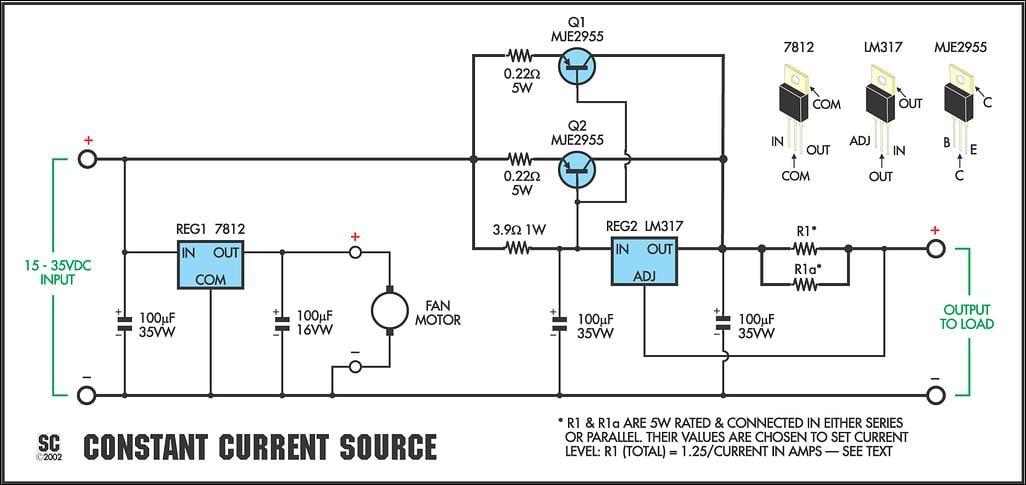Good Day All.
This is my 1st post here so I hope I am posting in the right section.
I have built my own unipolar stepper motor driver board, this works fine, but my design does not have any current limiting so the stepper motors get hot very quick.
The stepper motors I am using are 6.2volts rated at 1amp, I need to run the stepper motors at just over 3 times there voltage (20volts) to have better torque at higher rpm's, but I must not exceed the 1amp limit per stepper motor.
So far for current limiting I have tried using power resistors and even bulbs, this does work, but the stepper motors are not as quick to respond.
The power supply I am using is 20volts @ 7.5amps.
I am running a total of 4 stepper motors plus the driver board from this power supply.
Can someone please be so kind to advice me what will be the best way of limiting the current to each stepper motor.
I know that I could just go out and buy a premade driver board but whats the fun in that, plus I will not learn.
Thanks for your time.
Best Regards.
This is my 1st post here so I hope I am posting in the right section.
I have built my own unipolar stepper motor driver board, this works fine, but my design does not have any current limiting so the stepper motors get hot very quick.
The stepper motors I am using are 6.2volts rated at 1amp, I need to run the stepper motors at just over 3 times there voltage (20volts) to have better torque at higher rpm's, but I must not exceed the 1amp limit per stepper motor.
So far for current limiting I have tried using power resistors and even bulbs, this does work, but the stepper motors are not as quick to respond.
The power supply I am using is 20volts @ 7.5amps.
I am running a total of 4 stepper motors plus the driver board from this power supply.
Can someone please be so kind to advice me what will be the best way of limiting the current to each stepper motor.
I know that I could just go out and buy a premade driver board but whats the fun in that, plus I will not learn.
Thanks for your time.
Best Regards.






